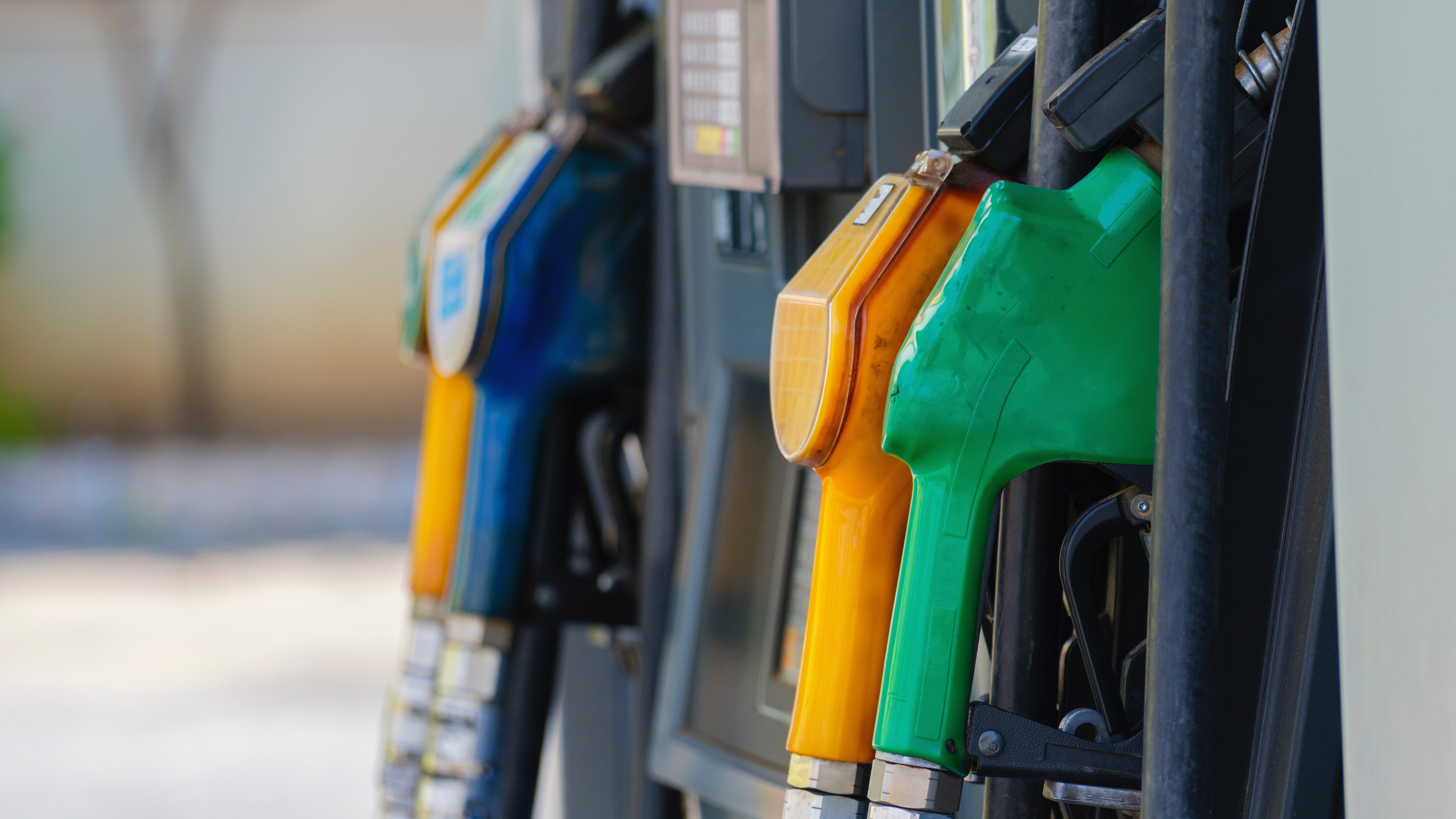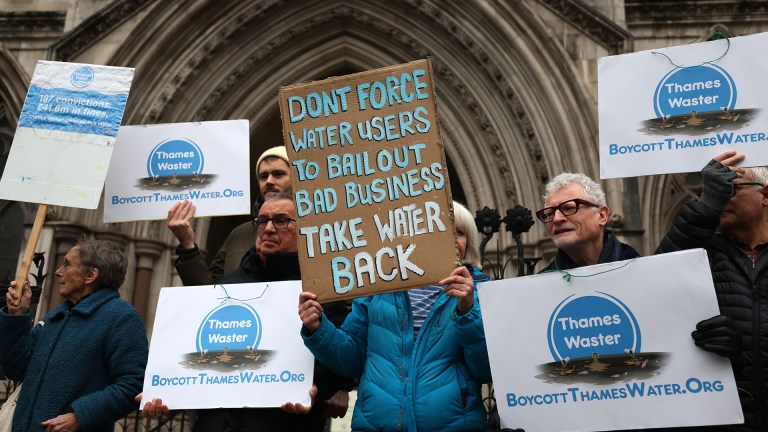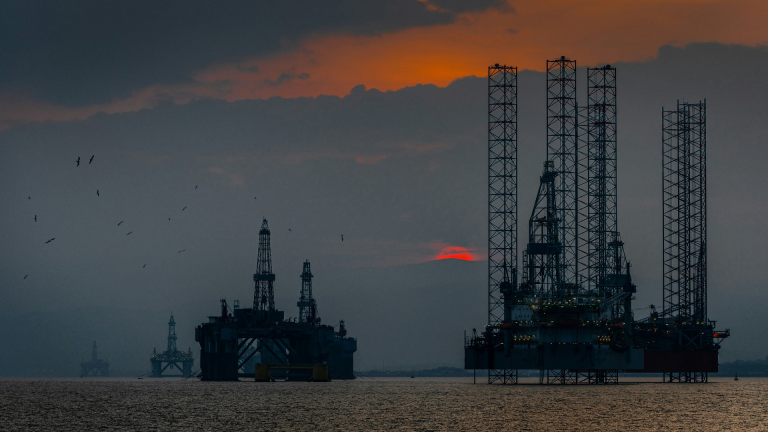In the UK, it now costs more than £100 to fill up a typical family car with petrol, and oil prices could rise even further. But are such high prices for fossil fuels a bad thing? While attention is focused on measures to tackle the global cost of living crisis, there has been much less focus on a very uncomfortable truth – that solving the climate crisis requires fossil fuel prices for consumers to stay high forever.
Saying such a thing may seem tone deaf. Millions of households in rich countries are facing a choice between heating and eating. In poorer countries, the situation is immeasurably worse. Rising prices for gas have dramatically increased the cost of fertiliser, while the war in Ukraine is hampering the export of its wheat.
Together these are leading to spiralling food prices globally, triggering a surge in inflation and worsening the already dire food security situation in places such as Yemen, the Horn of Africa and Madagascar. We are already witnessing widespread foot riots just like those between 2008 and 2011, when citizens around the world protested the failure of their states to deliver their most basic right – the right to eat.
To mitigate the impact of high prices, we have seen a screeching reversal of energy policies around the world. In November 2021, governments at the COP26 climate conference in Glasgow pledged to tax carbon and eliminate fossil fuel subsidies. But faced with dramatic increases in the cost of fuel and electricity, those same governments have scrambled to slash taxes on energy, put in place price caps and introduce new subsidies.
Yet keeping global warming to under 1.5°C will require a dramatic reduction in the use of fossil fuels, starting now. The unfortunate reality is that one of the most effective ways of getting people to use less fossil fuel is to ensure they are expensive.
Of course, the best way of moving away from fossil fuels is for there to be better (and preferably cheaper) alternatives. But investment in these renewable alternatives will only happen if people are clearly switching to them, and that requires consumer prices for fossil fuels to remain high.










